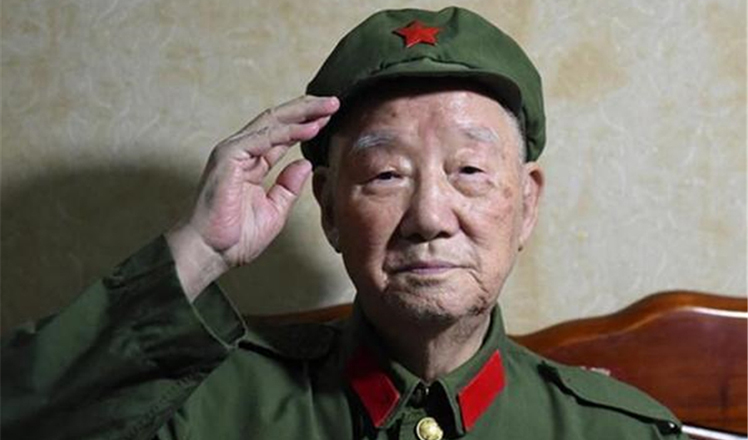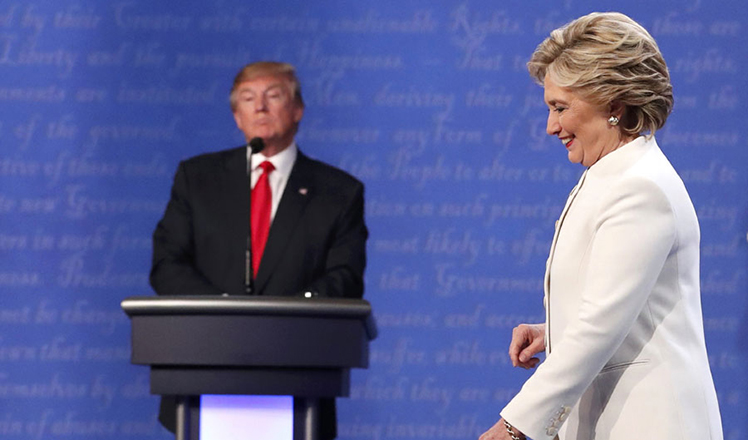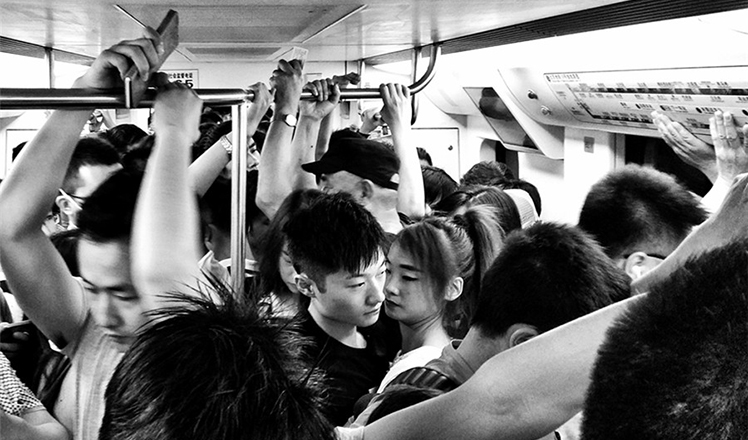Widened insurance system better serves public
Updated: 2016-10-20 07:33
By Du Juan(China Daily)
|
||||||||
China's critical illness insurance system has run smoothly since its launch last year, and the central government plans to further promote it, despite facing challenges, Huang Hong, vice-president of the China Insurance Regulatory Commission, said at a news conference in Beijing on Wednesday.
"Increasing numbers of people in China are benefiting from the policy," he said. "It is an innovative approach to healthcare reform, which is a difficult task facing many countries worldwide."
In China, basic medical insurance offers little funding or protection, and critical illnesses can leave a family broke due to high treatment costs.
Since last year, the government has adopted a policy whereby a small percentage of the basic medical insurance fund is used to buy commercial insurance to increase the protection offered.
For the first nine months of this year, critical illness insurance payouts averaged 7,138 yuan ($1,060) per patient, with the highest payout totaling about 1.12 million yuan, Huang said.
"It effectively helped poor people with critical illnesses to receive proper medical treatment," he said.
According to the commission, funding for the insurance varies from 15 yuan to 60 yuan, depending on individual cases and the region of the country.
At present, 16 insurance companies operate 605 insurance projects, covering 920 million people in 31 provinces, autonomous regions and municipalities.
"Many people can now receive medical treatment that they could not afford before," Huang said.
In terms of supervision, Huang said insurance companies found a total of 436,700 faulty claims and rejected improper medical expense claims amounting to 2.27 billion yuan last year, which contributed to alleviating the rapid growth of medical expenses and preventing excessive medical treatment in some areas.
Huang said there are still improvements to be made to the critical illness insurance system. For example, local governments should implement reforms of payment methods and control increasing medical expenses caused by excessive treatment.
Huang said most medical insurance companies realized meager profits, but some of them are operating at a deficit.
"Some insurance companies are too confident about their own ability and underestimate the complexity of the critical illness insurance system," he added.

 Ten photos from around China: Oct 14-20
Ten photos from around China: Oct 14-20
 Veterans mark 80th anniv. of end of Red Army's Long March
Veterans mark 80th anniv. of end of Red Army's Long March
 Road with 24 bends zigzags in Southwest China
Road with 24 bends zigzags in Southwest China
 Trump refuses to say he will accept election results
Trump refuses to say he will accept election results
 Top guns: Airshow China in past two decades
Top guns: Airshow China in past two decades
 Street photographer captures hustle-bustle of Beijing
Street photographer captures hustle-bustle of Beijing
 Five-time Olympic champion diver Chen Ruolin retires
Five-time Olympic champion diver Chen Ruolin retires
 Glimpse into lifestyle of astronauts in space
Glimpse into lifestyle of astronauts in space
Most Viewed
Editor's Picks

|

|

|

|

|

|
Today's Top News
'Zero Hunger Run' held in Rome
Trump outlines anti-terror plan, proposing extreme vetting for immigrants
Phelps puts spotlight on cupping
US launches airstrikes against IS targets in Libya's Sirte
Ministry slams US-Korean THAAD deployment
Two police officers shot at protest in Dallas
Abe's blame game reveals his policies failing to get results
Ending wildlife trafficking must be policy priority in Asia
US Weekly

|

|







